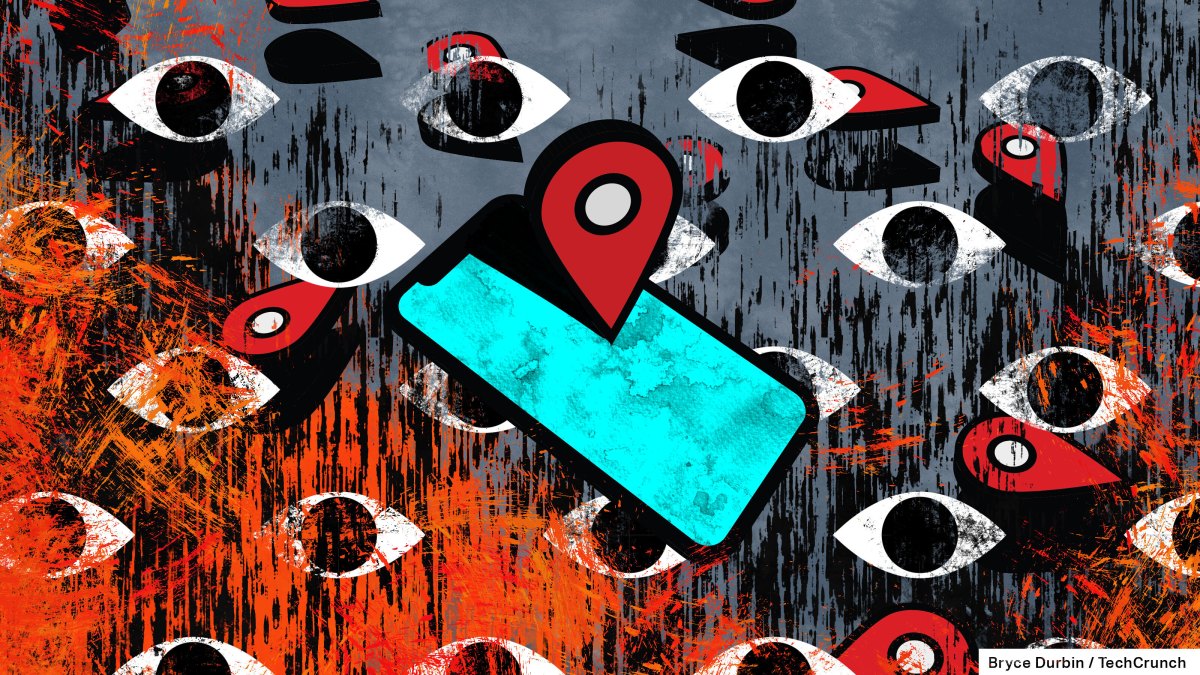Major Breach of Gravy Analytics’ Location Data Poses Privacy Risks for Millions
A recent data breach involving Gravy Analytics, a prominent location data broker, has raised serious concerns about the privacy of millions of individuals worldwide. This incident has revealed that numerous smartphone applications have unintentionally exposed sensitive location data, putting user privacy at risk.
Overview of the Data Breach
The extent of the breach is still being assessed, but a hacker has publicly shared a substantial sample of location data linked to popular consumer apps. This includes applications from various sectors such as fitness, health, dating, public transport, and gaming. The compromised data comprises tens of millions of location points detailing where individuals live, work, and travel.
Details of the Incident
News about the breach emerged last weekend when a hacker disclosed screenshots of the stolen location data on a private Russian cybercrime forum. The hacker claimed to have stolen several terabytes of consumer data from Gravy Analytics. The independent news outlet 404 Media was the first to report on this alarming breach, which allegedly contains the historical location data of millions of smartphones.
As reported by Norwegian broadcaster NRK, Unacast, the parent company of Gravy Analytics, has informed the country’s data protection authorities about the breach, complying with legal requirements.
Unacast’s Response to the Breach
Founded in 2004 and merging with Gravy Analytics in 2023, Unacast boasts one of the largest collections of consumer location data. The company claims to track over a billion devices globally each day.
Unacast’s data breach notification revealed that the breach was identified on January 4, when a hacker accessed files from its Amazon cloud environment using a misappropriated key. The company stated that it was alerted to the breach through communication with the hacker but refrained from providing further details. Following the incident, Unacast briefly suspended its operations.
Notification of Authorities
Unacast has also reported the breach to U.K. data protection authorities. A spokesperson for the U.K.’s Information Commissioner’s Office confirmed that they have received a report from Gravy Analytics and are currently investigating the situation.
Extent of the Data Leak
Data privacy advocates have long warned about the potential threats posed by data brokers like Gravy Analytics. Researchers, including Baptiste Robert, CEO of Predicta Lab, revealed that the leaked dataset contains over 30 million location points. This data includes sensitive locations such as:
- The White House, Washington, D.C.
- The Kremlin, Moscow
- Vatican City
- Various military bases worldwide
Robert highlighted that the data could facilitate the deanonymization of everyday individuals, exposing their movements and locations. Forbes has reported on the particular risks this data poses for vulnerable groups, such as LGBTQ+ individuals in regions where their identity could lead to severe consequences.
Regulatory Actions Against Gravy Analytics
The breach comes shortly after the Federal Trade Commission (FTC) prohibited Gravy Analytics and its subsidiary Venntel from collecting and selling location data from Americans without explicit consent. The FTC accused the company of unlawfully tracking individuals to sensitive locations.
How Gravy Analytics Collects Location Data
Gravy Analytics primarily gathers its location data through a method known as real-time bidding, a crucial component of the online advertising industry. This process involves a rapid auction that determines which advertiser can deliver ads to your device. During these auctions, advertisers may access information about your device, including IP addresses that can approximate your location.
Impact on User Privacy
The data collected can be combined with other information from various sources to create comprehensive profiles of individuals. Security researchers have identified numerous applications that have inadvertently shared user data with brokers without explicit consent, including popular apps like:
- FlightRadar
- Grindr
- Tinder
Protecting Yourself from Advertising Surveillance
To protect against advertising surveillance, the Electronic Frontier Foundation (EFF) recommends several measures:
- Use an ad-blocker to prevent ad code from loading.
- Customize your device settings to restrict tracking. For Apple users, adjust the “Tracking” options in Settings to disable app tracking requests.
- Android users should navigate to “Privacy” then “Ads” in their settings to delete or reset their advertising ID.
- Limit apps’ access to your precise location when it’s not necessary.
By taking these precautions, you can significantly reduce your data footprint and enhance your privacy online.
For further updates and developments on this issue, stay tuned to reliable news sources and data protection authorities.







